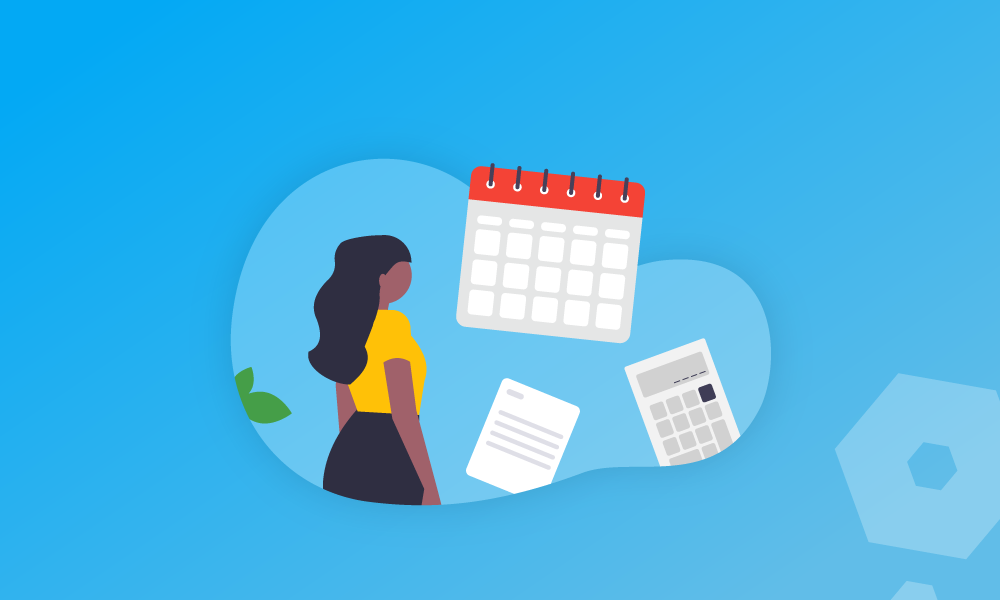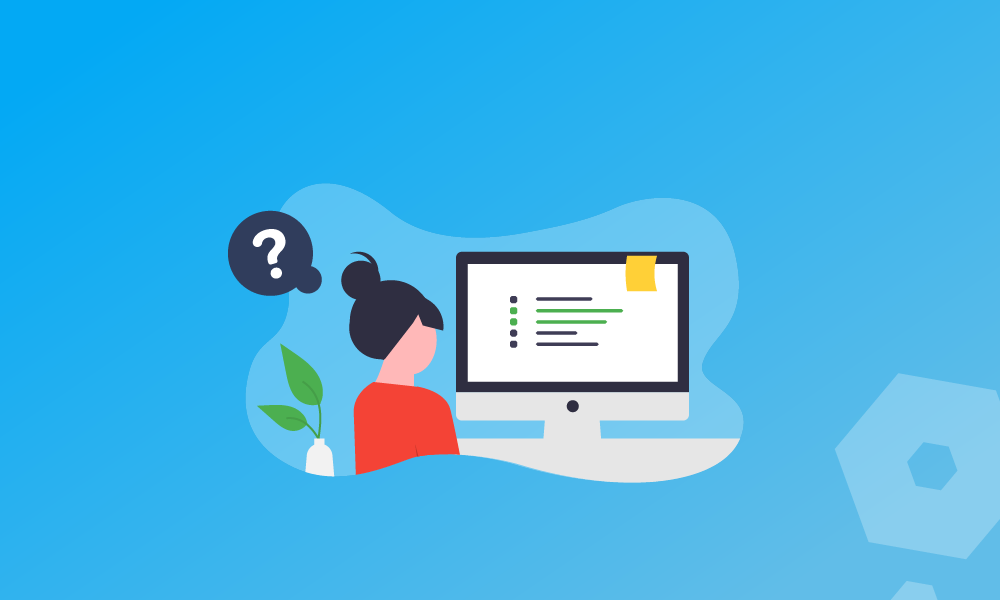Nobody enjoys seeing deductions come out of their hard-earned cash, but paying National Insurance is one of the necessary evils of self-employment. The amount that you pay towards NI depends on how much you earn, and even how you earn it, such as through an employer or as someone who works for themselves.
Accounting software for the self-employed
Faster, simpler bookkeeping.







